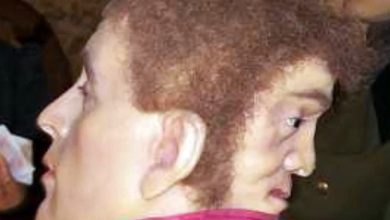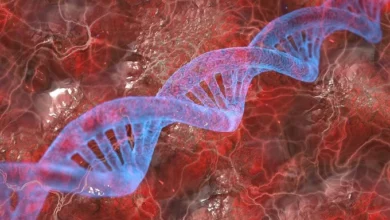If you have three of these 7 signs, you are “addicted” to food

Eating disorders can arise not only because of bad habits or endocrine dysfunction but also as a result of psychological problems, says an endocrinologist who lists seven signs of food addiction.
We must eat to live and not live to eat: this proverb is well known. And yet, many show signs of a psychological dependence on food. To know if you are “addicted”, it suffices to identify some of them.
The top seven worrying symptoms were cited by Russian endocrinologist Zoukhra Pavlova, who said on Instagram that the presence of at least three of them is a reason to see a psychotherapist.
Mood and appetite
According to her, a person with an eating disorder always thinks of food. She is hungry regardless of her condition and even if she has only just finished her meal.
A second sign is a constant appetite. Whether you are tired or not, sick or not.
The alarm bells should also be sounded in cases of mood dependence on food. If after eating, and a person suddenly becomes in a good mood or, on the contrary, if he becomes irritable in case of small hunger, it may be a question of food addiction.
Treats and guilt
Another warning sign is when restaurant meals become the only entertainment and the only manifestation of cultural life. Zoukhra Pavlova evoked in this context “digestive” tourism, when, while staying abroad, the traveler only thinks about taking meals. Unlike gastronomic tourism, which, in addition to delighting the taste buds, allows you to discover the history, know-how, and culture of a country or region through its culinary specialties.
In addition, care should be taken when the treats cause a sudden improvement in mood and when the craving for them is felt continuously.
Behavior in which a person is ready to eat at any time of the day or night should also not be neglected.
Finally, if you have a feeling of guilt after having eaten a lot, this is a reason to make an appointment with your endocrinologist, she indicated.
She added that seeing a psychotherapist can go a long way in getting rid of binge eating when food becomes an obsession.




